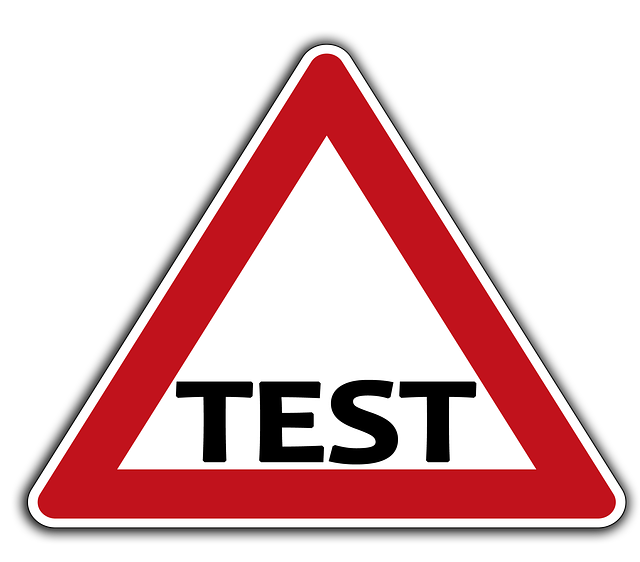Running a business requires managing risks through insurance and bonding, offering financial protection and safeguarding against legal issues. Online reviews are essential for evaluating providers in today's digital landscape, providing insights into service quality and reliability. Conduct thorough research, including website checks, governing body verification, policy document review, and customer feedback analysis, to make informed decisions based on comprehensive due diligence. Avoid pitfalls like misinterpreting policy terms to prevent financial disasters by preventing issues through upfront diligence.
Before diving into any business venture, ensuring proper insurance and bonding is crucial. This article guides you through navigating these essential aspects for your company’s protection. We’ll explore how understanding insurance and bonding requirements can safeguard your interests, with a focus on leveraging online reviews as valuable tools. By following a step-by-step check, you can avoid common pitfalls and select the most suitable coverage, ensuring peace of mind in today’s competitive market. Discover the importance of thorough due diligence when choosing insurance and bonding providers, especially when online reviews are abundant.
- Understanding Insurance and Bonding Requirements for Your Business
- The Role of Online Reviews in Evaluating Insurance and Bonding Providers
- How to Conduct a Thorough Check: Step-by-Step Guide
- Common Pitfalls to Avoid When Checking Insurance and Bonding Credentials
Understanding Insurance and Bonding Requirements for Your Business

Running a business comes with numerous responsibilities, and ensuring proper insurance and bonding is an essential aspect often overlooked. These financial safeguards are critical in protecting your company from potential risks and legal issues. Insurance provides financial coverage for unforeseen events like accidents, property damage, or liability claims. It offers peace of mind, knowing that your business is secure against significant financial losses. On the other hand, bonding involves a third party guaranteeing your business’s obligations, ensuring timely payment to suppliers, employees, or clients.
When evaluating insurance and bonding needs, consider your industry’s specific requirements. Different sectors have varying legal and regulatory standards. Online reviews can be a valuable resource for understanding these needs; fellow business owners often share their experiences and insights, highlighting common pitfalls and best practices. By staying informed about the necessary coverage, you can mitigate risks effectively and maintain the financial health of your business.
The Role of Online Reviews in Evaluating Insurance and Bonding Providers

In today’s digital era, online reviews play a pivotal role in evaluating insurance and bonding providers. Prospective clients often turn to platforms like Google, Yelp, or specialized review sites to gather insights from other users’ experiences. These reviews offer valuable feedback on the quality of service, claims handling, and overall customer satisfaction. By reading what others have to say, individuals can make more informed decisions when choosing an insurance or bonding company.
Trustworthiness and reliability are key aspects that online reviews help assess. Positive testimonials highlight efficient processes, fair pricing, and responsive customer support, reinforcing the provider’s reputation. Conversely, negative reviews can expose potential red flags, such as poor communication, delayed payouts, or unprofessional behavior, serving as a warning sign for consumers. Therefore, thoroughly reading and analyzing online reviews is essential before finalizing any insurance or bonding arrangements.
How to Conduct a Thorough Check: Step-by-Step Guide

To conduct a thorough check for insurance and bonding, follow this step-by-step guide:
1. Start with Online Research: Begin by searching for the company online. Check their official website for details about their insurance coverage and bonding services. Many providers also offer online resources and tools to help you understand your options. Look for customer reviews on reputable platforms to gauge their reputation and client satisfaction.
2. Verify Insurance Credentials: Next, confirm their insurance credentials with the relevant governing bodies or associations in your region. This step ensures they have the required coverage for your specific needs. You can usually find contact information on their website or through a quick online search. Reach out to these entities to verify the details provided by the company.
3. Examine Bonding Details: Review the types of bonds offered and ensure they align with your requirements. Common types include performance bonds, payment bonds, and surety bonds. Understand what each bond covers and select the most suitable one for your project or partnership. Check if they provide current and valid bonding policies, and compare pricing from multiple sources to make an informed decision.
4. Read Policy Documents: Request and carefully read through the policy documents provided by the insurance company. Ensure you understand the terms, conditions, exclusions, and limitations outlined in the policy. If any clauses are unclear, don’t hesitate to ask questions or seek clarification from experts or other clients who have worked with the provider.
5. Check for Online Reviews: Don’t overlook the value of online reviews. Websites like Google, Yelp, or industry-specific review platforms offer insights into customers’ experiences with insurance and bonding companies. These reviews can highlight potential red flags or showcase exceptional service, helping you make a more informed choice.
Common Pitfalls to Avoid When Checking Insurance and Bonding Credentials

When checking insurance and bonding credentials, it’s essential to stay clear of some common pitfalls that many individuals fall into. One major trap is relying solely on a provider’s word without verifying their claims. Insurers and bonders may exaggerate or distort their coverage details, so cross-referencing with independent sources is crucial. Online reviews from previous clients can offer valuable insights into the reliability and quality of services provided.
Another pitfall involves not thoroughly reading and understanding the policy documents. Always take the time to review the terms, conditions, exclusions, and limitations outlined in the insurance or bond paperwork. Misinterpreting these could lead to significant gaps in coverage or unexpected costs later on. Remember, prevention is key; a little diligence upfront can save you from potential financial disasters down the line.














